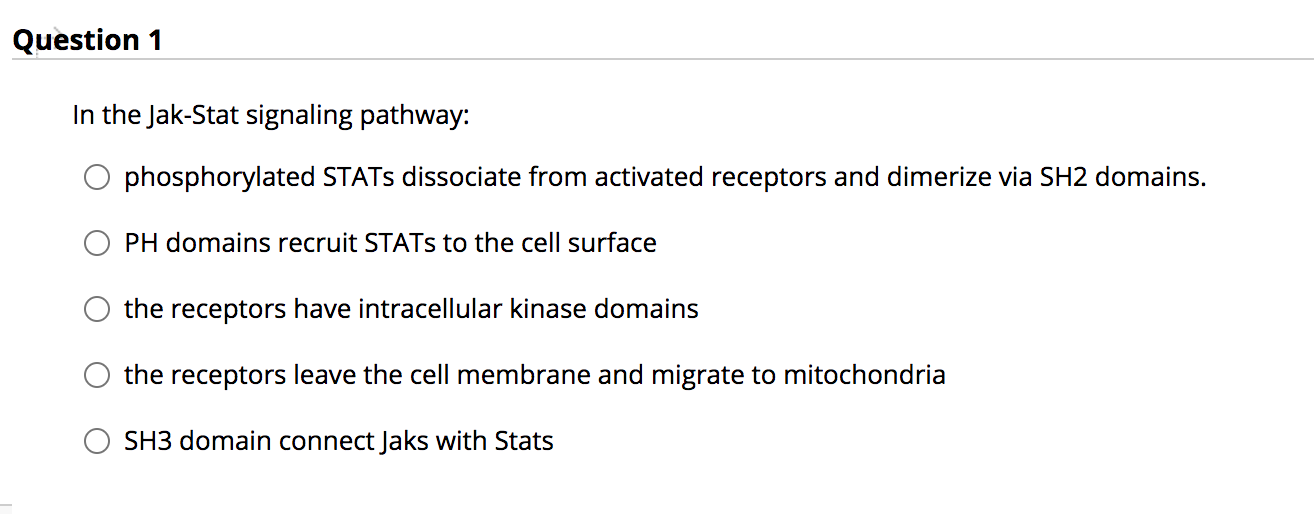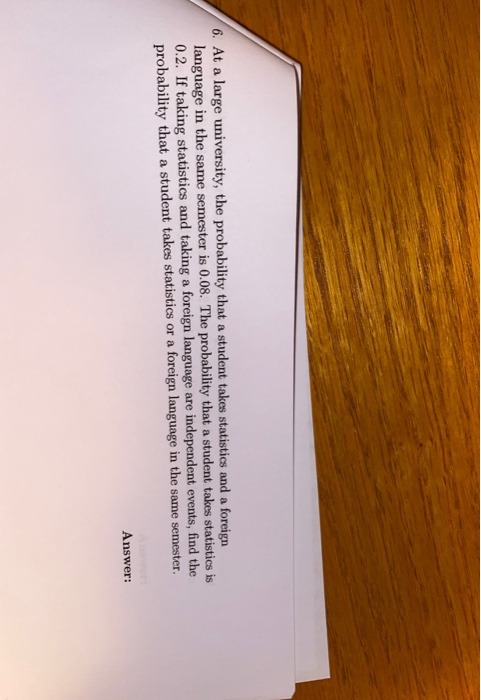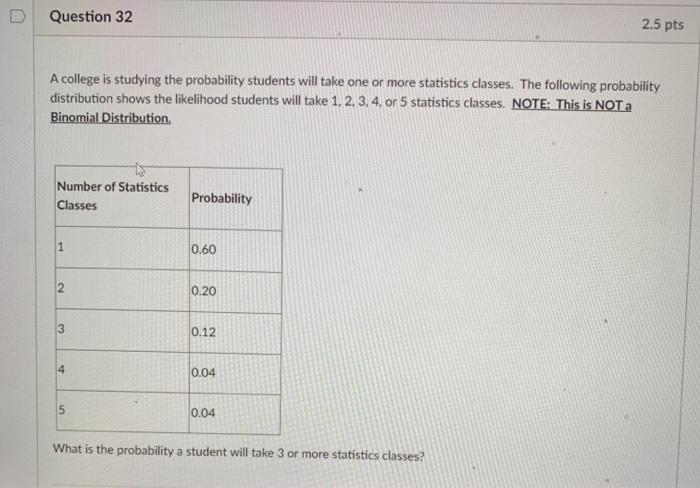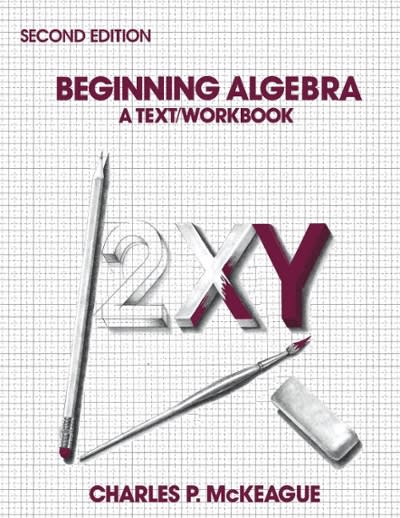Question
The weather at a coastal resort is classified each day simply as sunny or rainy. A sunny day is followed by another sunny day with
The weather at a coastal resort is classified each day simply as "sunny" or "rainy." A
sunny day is followed by another sunny day with probability 0.9, and a rainy day is
followed by another rainy day with probability 0.3. (a) Describe this as a Markov chain.
(b) If Friday is sunny, what is the probability that Sunday is also sunny? (c) If Friday is
sunny, what is the probability that both Saturday and Sunday are sunny?
2 At another resort, it is known that the probability that any two consecutive days are both
sunny is 0.7 and that the other three combinations are equally likely. Find the transition
probabilities.
3 A machine produces electronic components that may come out defective and the process
is such that defective components tend to come in clusters. A defective component is
followed by another defective component with probability 0.3, whereas a nondefective
component is followed by a defective component with probability 0.01. Describe this
as a Markov chain, and find the long-term proportion of defective components.
4 An insurance company classifies its auto insurance policyholders in the categories
"high," "intermediate," or "low" risk. In any given year, a policyholder has no accidents
with probability 0.6, one accident with probability 0.2, two accidents with probability
0.1, and more than two accidents with probability 0.1. If you have no accidents, you
are moved down one risk category; if you have one, you stay where you are; if you
have two accidents, you move up one category; and if you have more than two, you
always move to high risk. (a) Describe the sequence of moves between categories of
a policyholder as a Markov chain. (b) If you start as a low-risk customer, how many
years can you expect to stay there? (c) How many years pass on average between two
consecutive visits in the high-risk category?
5 Consider the ON/OFF system from Example 8.2.4. Let Xn be the state after n steps,
and define Yn = (Xn, Xn+1). Show that {Yn} is a Markov chain on the state space
{0, 1} {0, 1}, find its transition matrix and stationary distribution.
6 Suppose that state i is transient and that i ? j. Can j be recurrent?
7 Consider the state space S = {1, 2, ..., n}. Describe a Markov chain on S that has only
one recurrent state.



Step by Step Solution
There are 3 Steps involved in it
Step: 1

Get Instant Access to Expert-Tailored Solutions
See step-by-step solutions with expert insights and AI powered tools for academic success
Step: 2

Step: 3

Ace Your Homework with AI
Get the answers you need in no time with our AI-driven, step-by-step assistance
Get Started


